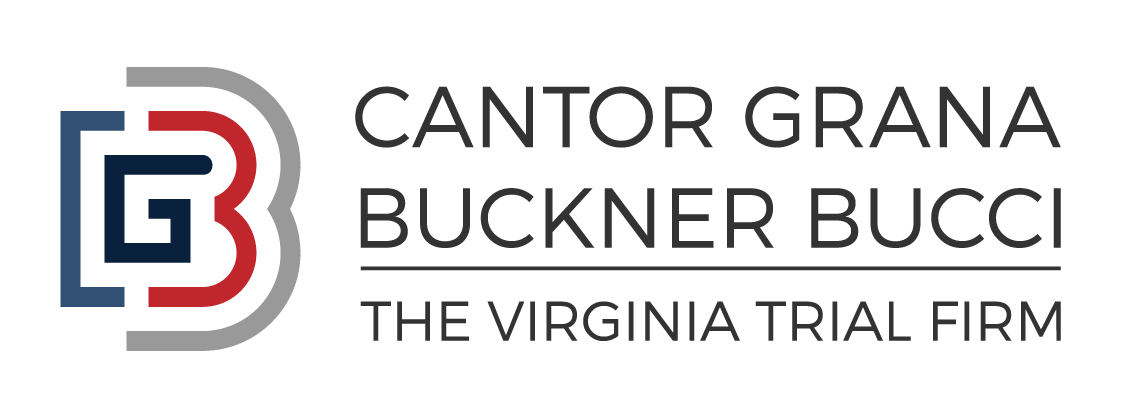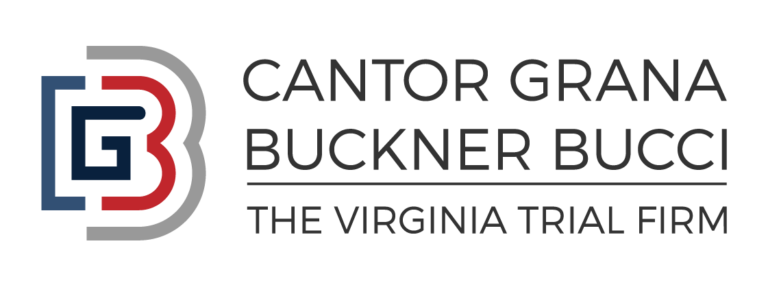Treatment For TBI
Imagine waking up from a traumatic accident only to find you can’t remember who you are or how you got there. This is the reality for many people with Traumatic Brain Injury (TBI). A traumatic brain injury is a serious condition that can significantly impact a person’s life. From memory loss to personality changes, The effects of a brain injury can be far-reaching and long-lasting. Fortunately, there are treatments available to help alleviate some of the symptoms of a traumatic brain injury and improve a person’s quality of life. This article will explore some of the most effective treatments for TBIs and how they can help those struggling with this condition.
You might be entitled to compensation if your traumatic brain injury was caused by someone else’s negligence. Contact the experienced brain injury lawyers at Cantor Grana Buckner Bucci for a free consultation. Start pursuing justice today.
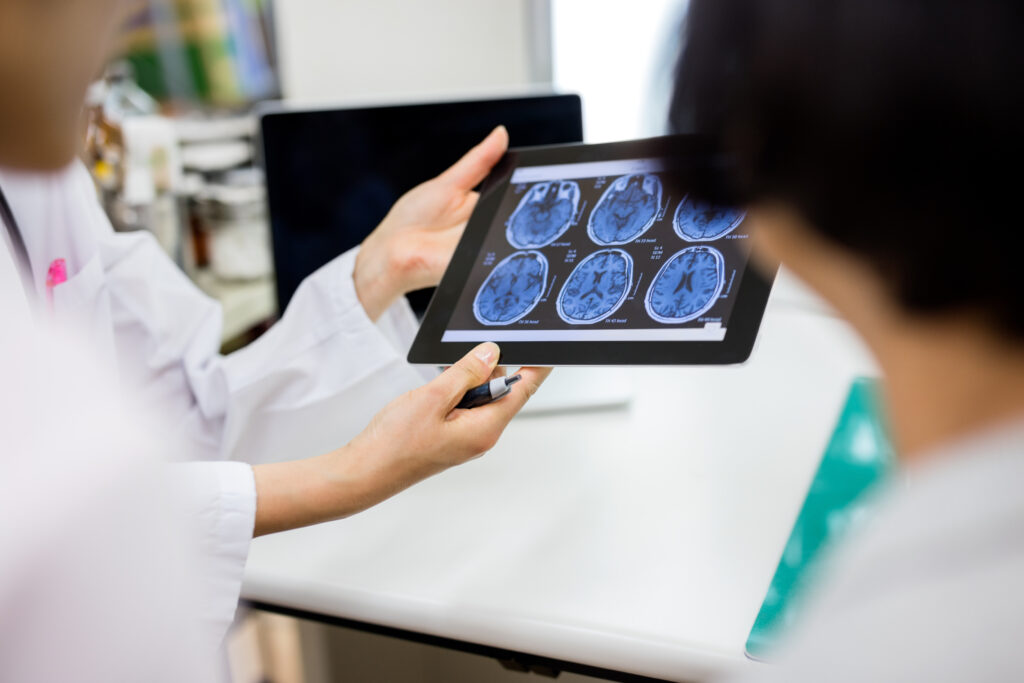
Common TBI Symptoms
TBIs are caused by sudden trauma to the head, such as a car accident or fall. Depending on the severity of the injury, people who sustain a TBI can experience a range of physical and cognitive symptoms. Understanding the severity of the injury will ensure proper treatment.
Common symptoms of a mild traumatic brain injury may include:
- Confusion
- Loss of consciousness or drowsiness
- Headaches
- Nausea and vomiting
- Fatigue or drowsiness
- Dizziness and ringing in the ears.
Moderate or severe TBI symptoms may include:
- Slurred speech
- Seizure-like activity
- Memory or concentration problems
- Depression and anxiety
- Problems with mobility and self-care activities
- Permanent brain damage
- Problems with mobility and self-care activities
In extreme cases, severe traumatic brain injuries can result in a coma or even death.
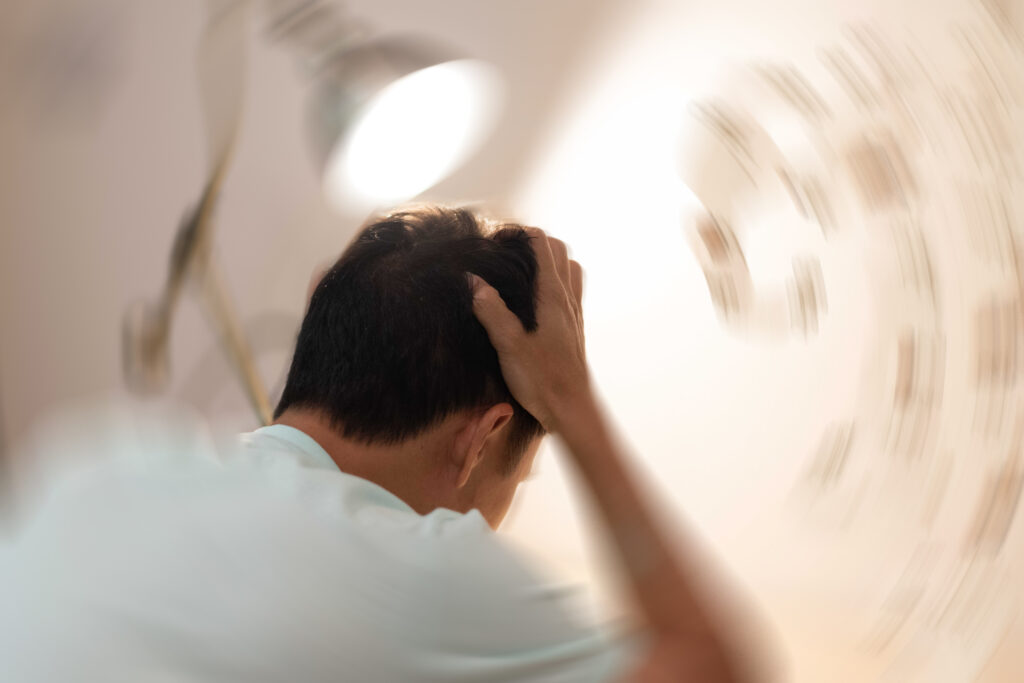
Glasgow Coma Scale (GCS)
The Glasgow Coma Scale (GCS) is a preliminary tool used to assess the severity of a TBI. It is based on three factors: eye-opening, verbal response, and motor response. The GCS can help doctors determine the level of injury and plan for appropriate treatment. However, even if a GCS is normal, it does not mean that an individual has not sustained a TBI.
Diagnosis and Treatment Options for a Traumatic Brain Injury
People who have suffered even a mild TBI should be evaluated by a physician or specialist as soon as possible. A doctor may order imaging scans, such as an MRI, to determine the extent of damage to the brain and detect any underlying conditions that may have contributed to the injury. Once the diagnosis is made, treatment options can be discussed.
Mild Traumatic Brain Injury Treatment
Mild traumatic brain injury (MTBI) usually resolves on its own and does not require extensive treatment. Doctors may recommend rest, over-the-counter pain relievers for headaches, and regular follow-up visits to monitor the patient’s progress. However, each person is different, and sometimes MTBIs never fully resolve.
Relative rest
Relative rest is important to treating a mild traumatic brain injury (TBI).Relative rest helps the brain heal and reduces the risk of further damage.
It involves limiting physical and cognitive activities that can worsen symptoms, such as strenuous exercise or excessive thinking. It means taking a break from activities that can aggravate symptoms, such as reading, playing video games, or working on the computer. It also means avoiding activities that can cause further injury or physical strain, such as contact sports or running.
Follow Up Visits
Following a mild traumatic brain injury, it is critical to monitor the patient’s recovery and look for any potential long-term effects of the injury. Follow-up visits with a doctor or specialist can help ensure proper treatment is being provided and the patient is healing properly.
Return to Normal Routines Gradually
While the symptoms of a mild TBI are resolving, the patient can gradually reintroduce physical and cognitive activities as tolerated. Doing this helps people to reconnect with their daily routines in a safe and manageable way.
It is also essential to ensure that any follow-up care needed is received. A mild TBI is still considered a brain injury and must be taken seriously. People who experience a mild TBI should seek medical attention and follow their doctor’s treatment plan to ensure the best possible outcome. With careful monitoring and treatment, most people can recover from a mild TBI and lead healthy and productive lives.
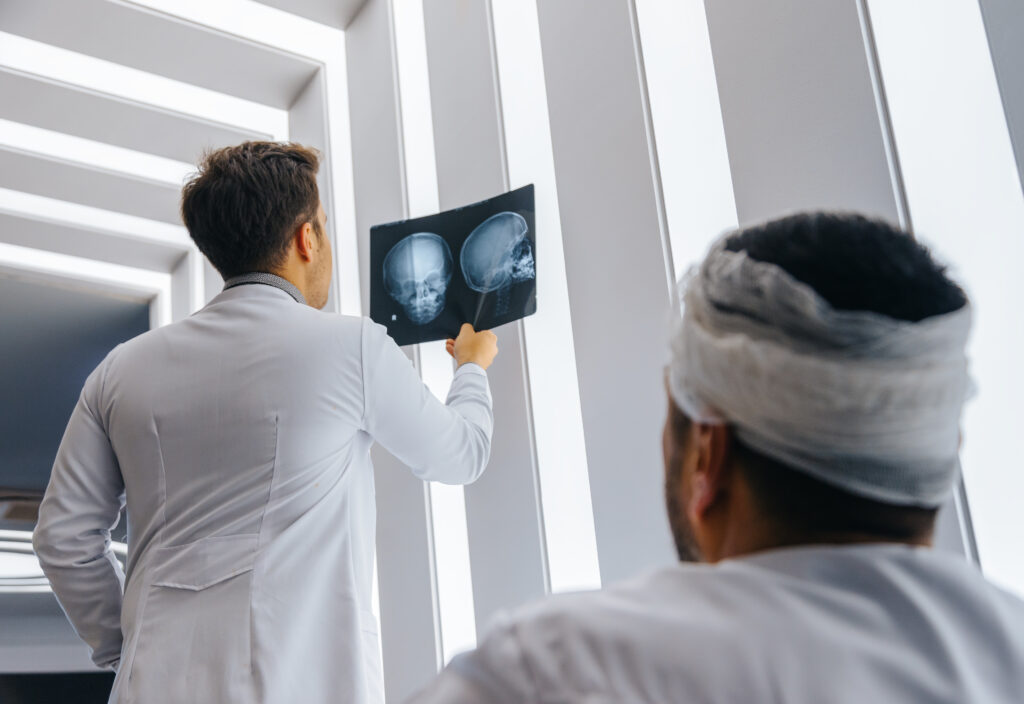
Moderate and Severe Traumatic Brain Injury Treatment
More severe forms of a traumatic brain injury will require more intensive and extensive treatment, such as medications and therapy to help regain lost movement or coordination, self care abilities and memory and concentration skills.
Seeking Immediate Medical Care
If you or a loved one suffers a brain injury, seek medical attention immediately. Prompt treatment is critical to preventing further damage and improving the chances of recovery. Depending on the severity of the injury, treatment may include hospitalization, medications, physical therapy, occupational therapy, speech-language therapy, cognitive rehabilitation therapy (CRT), or surgery.
Medication
Medications may be prescribed to help manage symptoms of a TBI. Common medications used in TBI treatment include:
• Anti-seizure medications to reduce the risk of seizures
• Anti-anxiety medications to help manage anxiety and depression
• Stimulants to increase alertness and improve concentration.
The decision to use medication should be made with caution, as some medications can have serious side effects. Before taking any medication, discuss the potential risks and benefits with your doctor.
Rehabilitation
Rehabilitation is an integral part of recovery from a TBI. Rehabilitation can include different therapies depending on the individual’s needs.
Physical Therapy
Physical therapy can help with impaired balance, coordination, and strength. Physical therapists may use different exercises and techniques to strengthen weak muscles and help improve movement, balance, and coordination.
Occupational Therapy
Occupational therapy focuses on helping people regain the skills necessary for everyday activities. This may include adapting daily tasks to help the person become more independent and finding ways to reduce fatigue and improve concentration.
Cognitive Rehabilitation Therapy (CRT)
Cognitive impairment is a common symptom following a TBI. Cognitive Rehabilitation therapy (CRT) focuses on helping people with a TBI regain cognitive abilities such as memory and concentration. A trained therapist may use various techniques, such as role-playing and repetition, to enable people to relearn skills they have lost due to their injury.
Speech-Language Therapy
Speech-language therapy can help people regain the ability to communicate effectively. A speech-language pathologist may use techniques such as word games and repetition to help people improve their communication skills.
Neuropsychologist
Neuropsychologists are trained to assess and diagnose brain functions like memory and attention. A neuropsychologist can provide insight into how the person’s TBI impacts their everyday life.
Surgery
In cases of severe TBI, surgery may be necessary to repair any damage caused by the injury. Surgery can help reduce the risk of further complications and improve the chances of recovery. The type of surgery needed will depend on the extent of the injury.
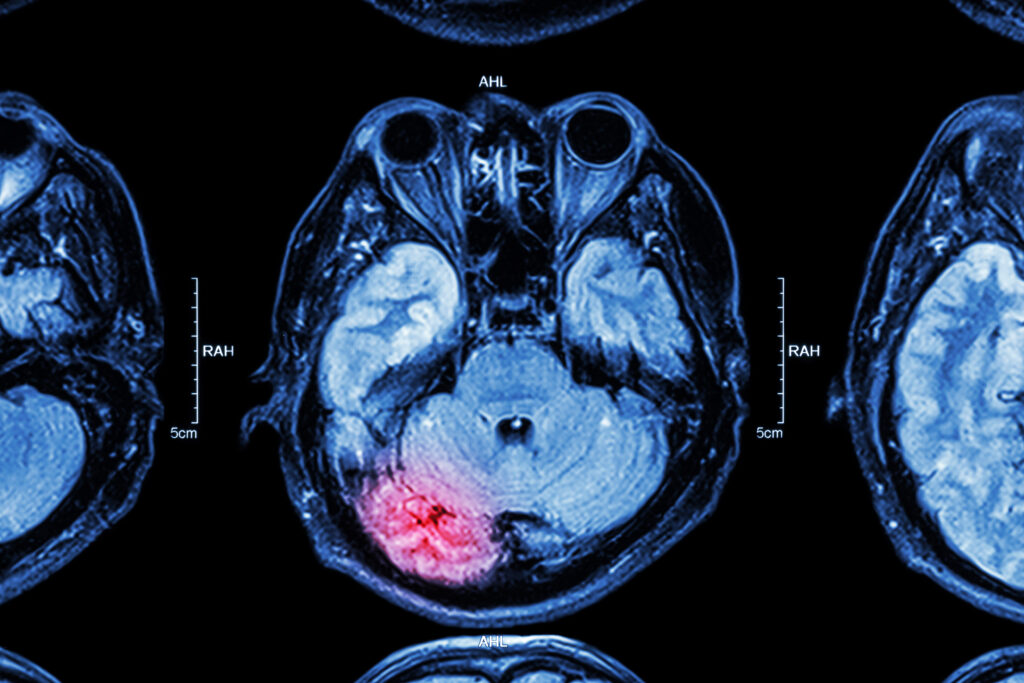
Follow-Up Care
Once a person has received treatment for their TBI, follow-up ensures they are recovering properly and helps reduce the risk of sustaining any other head injuries. Follow-up care may include:
- Regular check-ups with doctors and therapists.
- Taking medications as prescribed.
- Attending physical therapy or other rehabilitation sessions.
- Monitoring symptoms.
- Continuing to engage in activities that help the person stay healthy and active.
Everyone should follow the advice given by medical professionals, such as wearing a helmet when participating in contact sports or other activities that carry a risk of head injury.
Recovery
Ultimately, any treatment for a moderate or severe TBI seeks to improve a person’s quality of life and reduce their risk of long-term complications. With the right treatment by the right team at the right time, people with TBI can lead normal, productive lives and find ways to cope with the challenges of the condition.
Tips to Help Manage the Effects of a TBI
The management of a TBI should always be under the guidance of a qualified medical professional. The following tips are intended as supplementary information, and should not be used as a substitute for medical advice or treatment. It is essential to follow the instructions and recommendations of your healthcare providers and only engage in activities they have prescribed.
Manage stress and emotions – Stress can harm physical and mental health, so finding healthy ways to manage stress, such as regular exercise, journaling, or talking with friends and family, is essential.
Get enough rest – Sleep is essential for overall well-being. Ensure you get at least 7-8 hours of sleep every night.
Stay organized – Keeping an organized schedule can help reduce stress and make it easier to manage daily tasks.
Maintain a healthy diet – Eating a balanced, nutritious diet can help you stay energized and improve your overall health.
Exercise regularly – Regular physical activity can help improve your focus and concentration and reduce fatigue.
Participate in cognitive activities – Engaging in challenging mental activities, such as puzzles and games, can help strengthen the brain’s ability to recover after a TBI.
Take time to relax – Take time out of each day to relax and unwind. This can help reduce stress and promote emotional well-being.
Connect with others – Spending time with friends, family, or supportive professionals can help you feel less alone in your recovery journey.
These strategies can help people recovering from brain injuries manage their symptoms and improve their quality of life.

Cantor Grana Buckner Bucci Fight For Brain Injury Victims
At Cantor Grana Buckner Bucci, our legal team fights for the rights of victims of traumatic brain injuries. We will work closely with you to ensure you receive the compensation and justice you deserve.
We understand how devastating TBIs can be and are here to help you navigate the legal system. With our knowledgeable attorneys on your side, you can be sure your case will be handled with care and compassion.
Connect with us today to discuss your TBI case, and let us get started fighting for you. Our team is ready to help you get the justice and financial compensation you deserve.
